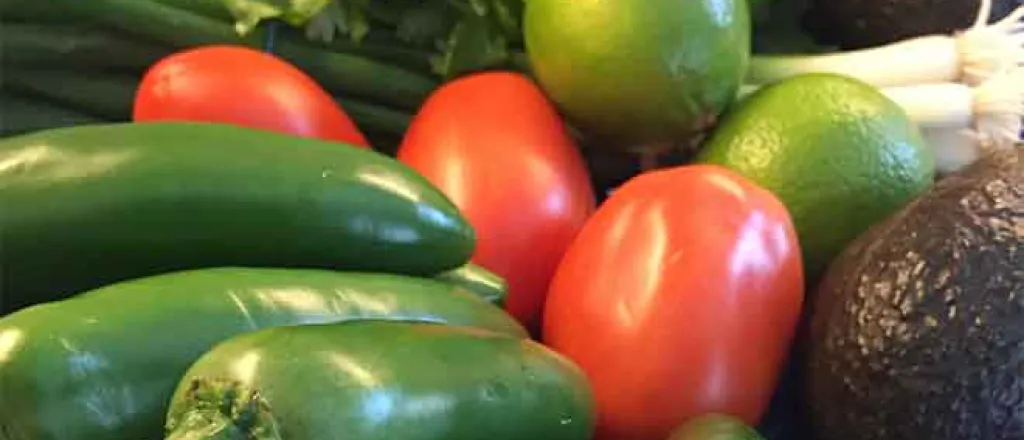
Americans could see pricier tomatoes if feds alter trade policy with Mexico
(The Center Square) – An Arizona-based agricultural organization says ending a trade agreement with Mexican tomato producers will result in higher prices for consumers.
The Tomato Suspension Agreement was last renewed in 2019 and is renewed every five years. It allows for Mexican-grown tomatoes to supply grocery stores, mainly in the western U.S., in winter months as long as Mexican suppliers agree not to dump inventory north of the border and make prices plummet.
The window to comment closes in the second week of September, according to AZ Big Media.
Florida's tomato producers – represented by the Florida Tomato Exchange – in June asked the Department of Commerce to terminate the Tomato Suspension Agreement, saying Mexican producers weren't abiding by federal antidumping laws.
"None of the tomato suspension agreements, dating back to 1996, have worked to stop the injury caused by dumped Mexican tomatoes, which is why the FTE finally asked the Commerce Department to terminate the suspension," FTE said in a news release.
The Nogales, Arizona-based Fresh Produce Association of the Americas, representing growers in Mexico and elsewhere, refutes those claims. It said suspending the Tomato Suspension Agreement would limit the availability of tomatoes for U.S. consumers and increase prices.
"Through these actions, the FTE continues to attempt to use antidumping laws for the unintended purpose of creating a monopoly for themselves in the marketplace and covering for their unwillingness or inability to innovate and adapt to changing market demands," FPAA said in June.
FPAA also contends that the move would result in retaliation from Mexico, the second-largest importer of U.S. agricultural products. Mexico imports significant amounts of American-made pork and corn.
Arizona's congressional delegation in 2020 wrote that a seasonal trade remedy limiting winter tomatoes from Mexico would cost the state jobs and make a staple of many dinner tables much more expensive.
"As supporters of free, fair, and reciprocal trade between the United States and its trading partners around the globe, we strongly oppose any new agriculture seasonality provision targeting Mexican tomato imports," the lawmakers said. Such a provision would run counter to consumer preferences, undermine the spirit and benefits of free trade, risk reciprocal or retaliatory actions from our trade partners, and harm U.S. industries in order to artificially support a small segment of regional growers’ interests."
A 2017 University of Arizona study mentioned by the congressional delegation said alleged dumping of tomatoes by Mexican producers had virtually no effect on U.S. retail pricing in winter months.
















